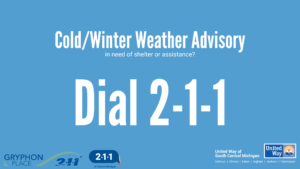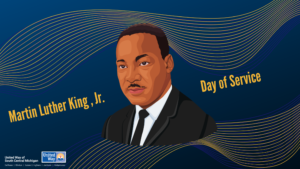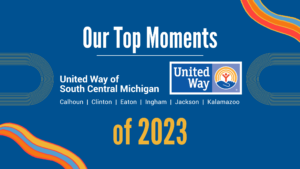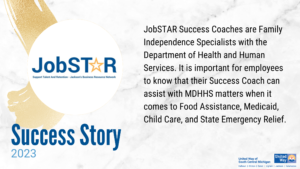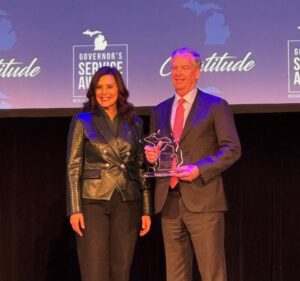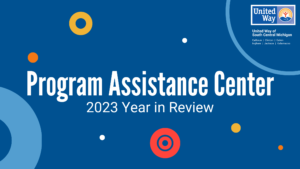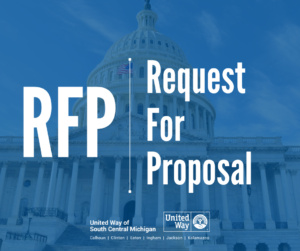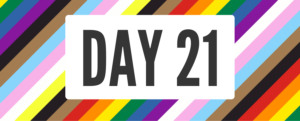
“Worse than being less than you, is if you are perceived as a threat”
– John A. Powell, Othering & Belonging Institute, UC-Berkeley
The moment we started to learn as children, our brains began to help us sort information in ways that we could easily make sense of — big and small, tall and short, soft and hard, and good and bad. These shortcuts help us make sense of all the information being presented to us every second we’re awake. At the same time, these shortcuts oversimply our complex world. Any time we sort ideas, things, and people, we use our judgment and perception. To one person, being 6-foot-2-inches is tall, but if you play in the National Basketball Association, this may alter your idea of who is tall.
These perceptions, based on the world we’ve interacted with, also create biases. At its most basic, a bias is simply our own preference. This preference can be in favor of or against a person, group of people, idea or thing that affects our understanding, actions and decisions. Some of us might have a bias for ham and pineapple on our pizza. And, while this pizza preference may be controversial, our bias for ham and pineapple broadly is something we’re both aware of and is limited in its impact on others people’s day-to-day.
But sometimes, we’re not aware of our biases.
We can generally think about our biases in two ways: unconscious and explicit. Unconscious (or implicit) bias are the preferences we hold and act on without making a conscious or intentional choice. It’s often the way that we prefer the music, traditions, and customs of our childhood without realizing it. When we extend this preference for the familiar or what we say as common in society, we can unintentionally reinforce deeply-rooted unfairness in our society.
For example, unconscious bias can lead to instinctive assumptions, such as “a nurse must be a woman” or “an engineer must be a man.” Or that an Asian woman won’t make a good leader, or that a Black man will be an aggressive competitor. Unconscious bias exists in all of us, including those who genuinely believe they’re committed to fairness and treating all people kindly. As a result, this kind of biased belief can be harder to spot and root out than intentional or overt discrimination.
In contrast, explicit bias is deliberate and willful. This includes purposely supporting conditions or decisions that negatively impact an individual or group because of their race, gender, disability status, and more.
Over time, the stories we are told that reinforce the world we live in can become stereotypes in our culture and in our own subconscious. For example, in a 2024 study (Kline, Rose & Walters), researchers sent out multiple resumes to 97 US businesses with only one difference – the name of the applicant. The names were intentionally chosen for being commonly associated with a particular race and gender. The researchers looked at how many of the companies called back for an interview. What they found was that the resumes with White women’s names were called back the most followed by White men. Black names were called less often than White names with Black women’s names called the least.
But research also shows that we are incredibly adaptable and agile. We can rewire these deep-seated beliefs when we intentionally reflect on and acknowledge our biases. With effort and practice, we can learn to change the way we think and challenge the negative or harmful biases we hold.
Today’s Challenge
Read
- Understanding the difference between explicit and implicit bias. (4 minutes) https://nccc.georgetown.edu/bias/module-3/1.php
Watch
- Learn how implicit bias shapes our thinking. (9 minutes) https://www.youtube.com/watch?v=OoBvzI-YZf4
Listen
- WEMU Washtenaw United radio interview with Yodit Mesfin Johnson, United Way of Washtenaw County’s board chair, on the role implicit bias plays in our lives. She discusses how our biases impact equity and challenges some of her own biases. (13:22) https://www.wemu.org/wemu-news/2019-04-01/washtenaw-united-rooting-out-implicit-bias-and-working-for-equity
Engage
- Take Project Implicit’s Hidden Bias tests, created by psychologists at top universities. You may be surprised when you uncover some of your own unconscious biases. (Registration required). https://implicit.harvard.edu/implicit/


